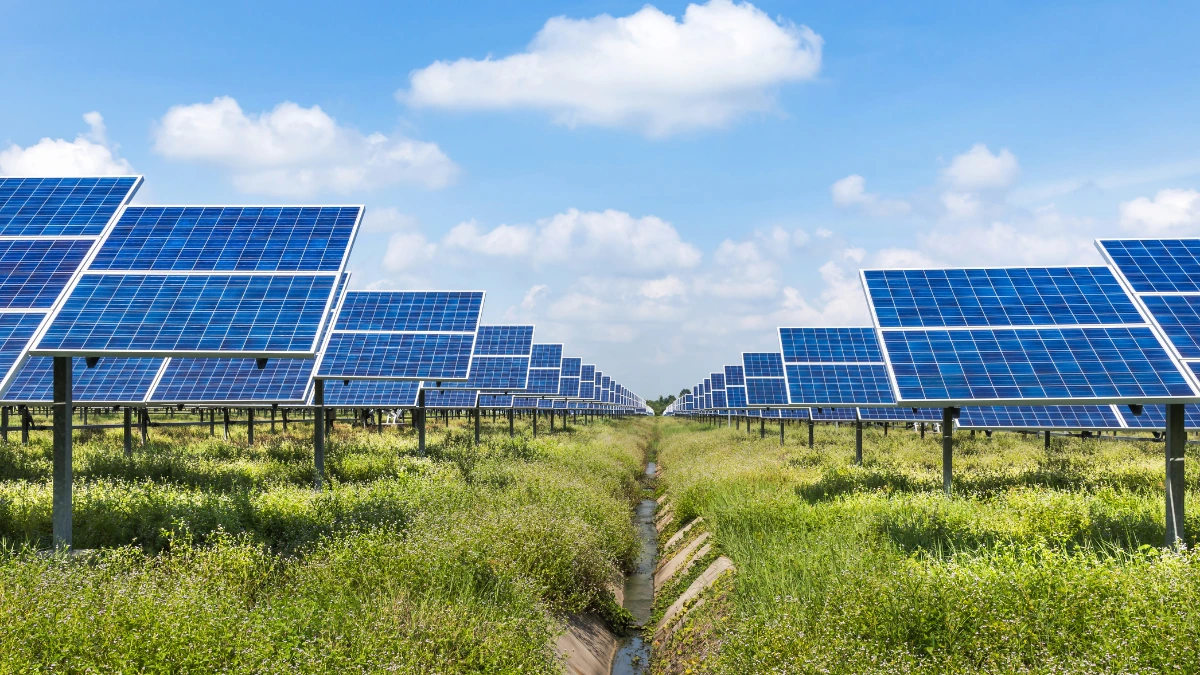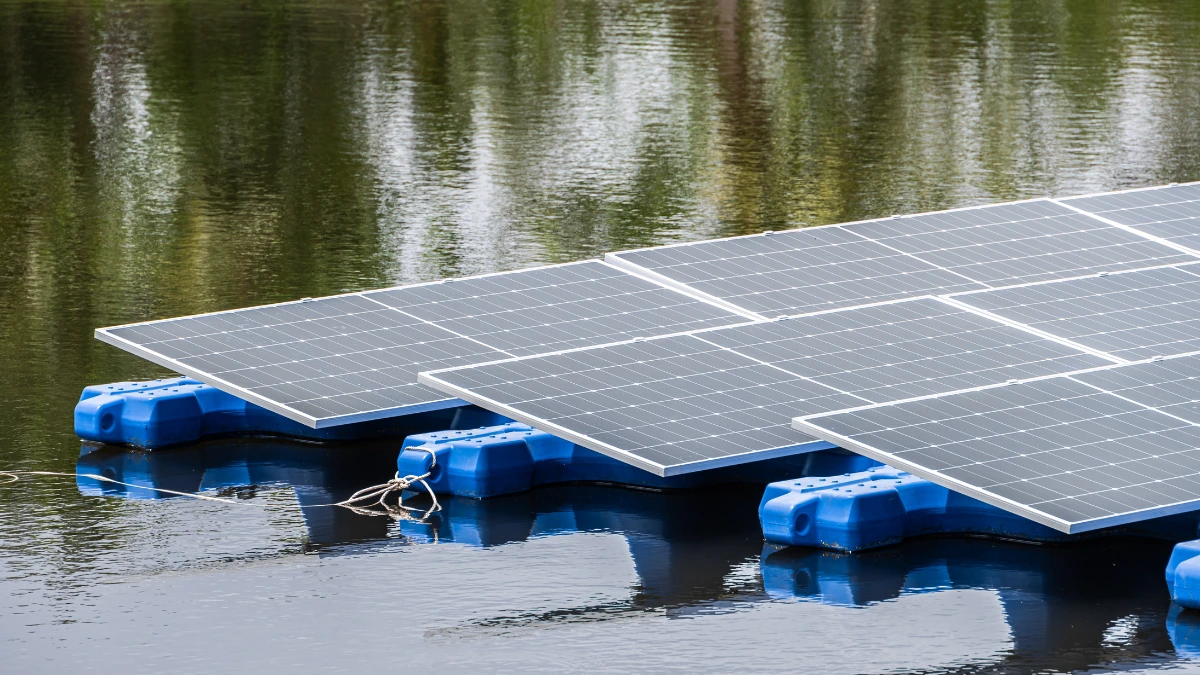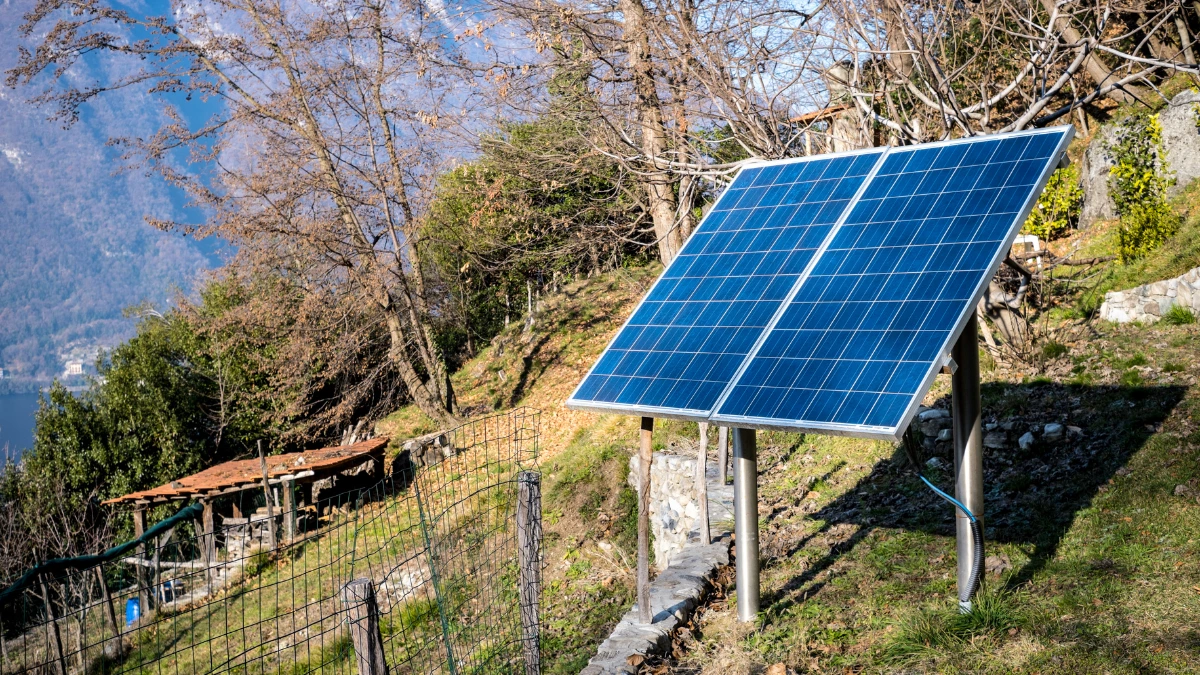The presence of a solar power system provides maximum sustainable energy use to increase productivity. One type of solar power system, according to its configuration and use, is the solar off-grid system, which offers several key functions and advantages.
The functions of a solar off-grid system include energy backup to remote aurora electricity access. Moreover, the advantages include being free from power outages, energy independence, and cost savings.
This article will give you information on solar off-grid systems, including definitions, functions, and the advantages they have.
What is a Solar Off-Grid System?

A solar off-grid system is a type of system that operates independently, so it is not connected to the public power grid. With solar panels, the system stores sunlight energy using batteries.
The energy stored in the battery allows it to be used at night or during cloudy weather. This system is suitable for locations far from the public power grid.
The Functions
The solar off-grid system has several functions, from energy backup to remote aurora electricity access. Here are some of its functions:
- Energy backup: The batteries in this system act as an energy reserve to store excess energy that can be used at night or during cloudy weather.
- Reduced dependence on the power grid: Since it is not connected to the public power grid, it will not be affected by power outages if there is a disruption.
- Remote area electricity access: Suitable for remote areas or islands that are difficult to reach for electricity, as the system does not rely on the public grid.
The Advantages

The solar off-grid system has several advantages, from being free from power outages, energy independence, to cost saving. Here are some of its main advantages in detail:
1. Free from power outages
One of the advantages of a solar off-grid system is that it is not subject to power outages. The system is not dependent on the public power grid, so daily activities can still run even if there is a disruption in the public power grid.
2. Environmentally friendly
Environmentally friendly is an advantage for solar off-grid systems. Solar energy as the main source of this system does not produce greenhouse gas emissions and pollution, so using it will contribute to environmental conservation efforts.
3. Energy independence

Using an solar off-grid system allows users to store their energy. This allows users to have full control over their electrical energy, without relying on the public power grid.
4. Easy scalability
Easy scalability is another advantage of solar off-grid systems. Household to industrial scale can have their needs met with this system. As the needs of your home or business grow, the system can be scaled up as needed.
5. Cost savings
While it is true that solar off-grid requires a large initial investment, using this system will eliminate monthly electricity bills in the long run. The system also does not require significant operational costs to use.
Those are the definitions, functions, and advantages of a solar off-grid system that you need to know. Another thing to note is that solar power systems on the market must pass the certification test from the Directorate General of Digital Infrastructure (DJID).
Smart solar power system regulation is based on the Ministerial Decree (KEPMEN) No.260 of 2024 and No. 12 of 2025, which requires all radio frequency-based devices to meet specific technical standards before being sold in the country.
With a DJID certification, users can feel calm about using a smart solar power system device whose quality and security are guaranteed. For manufacturers or importers of smart solar power system devices, obtaining certification from DJID is a mandatory step before the device can be officially marketed in Indonesia.
To simplify the certification process, Type Approval Certification Services for ICT Products are available to assist with this process as a reliable solution. [UN].

